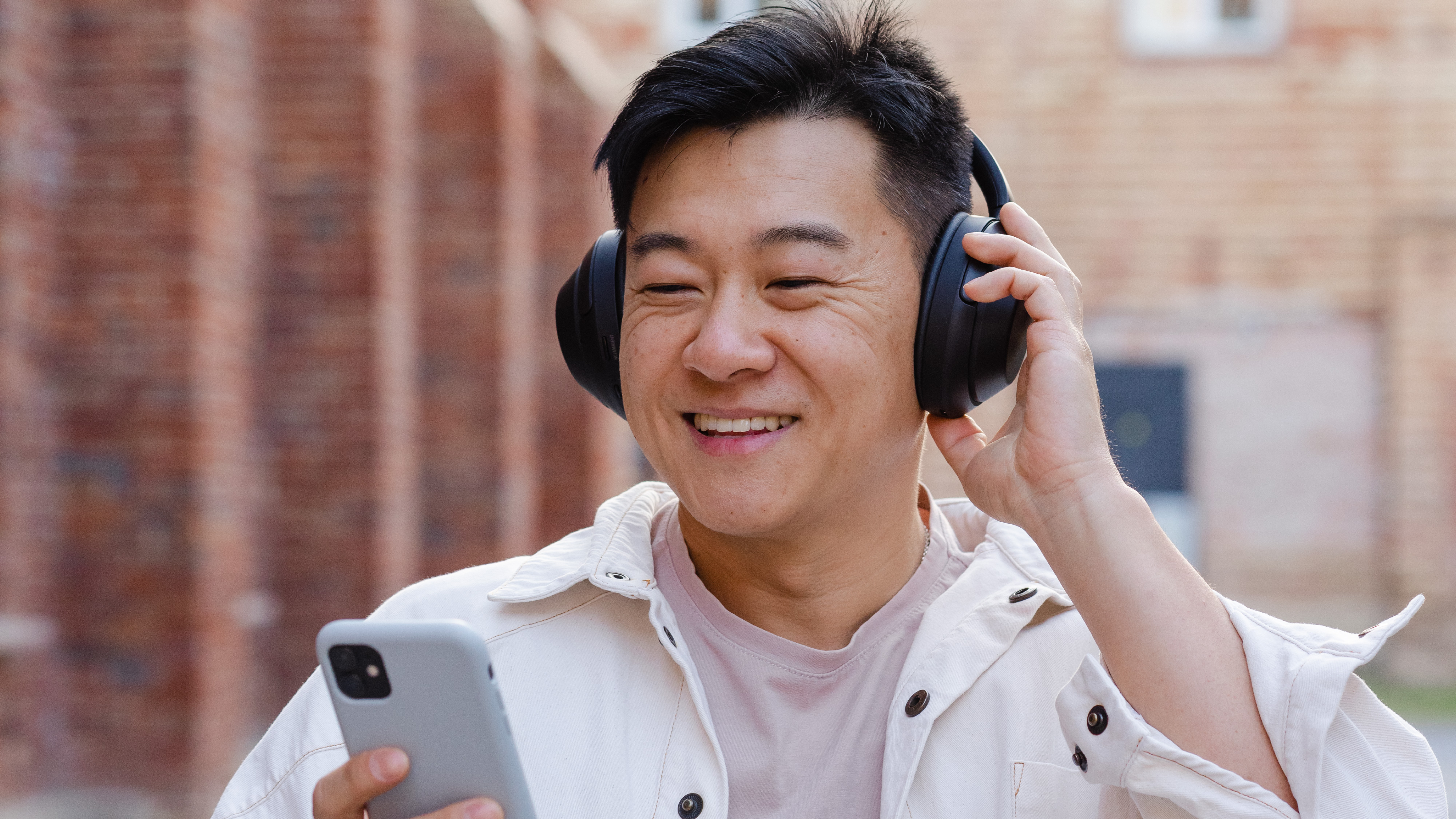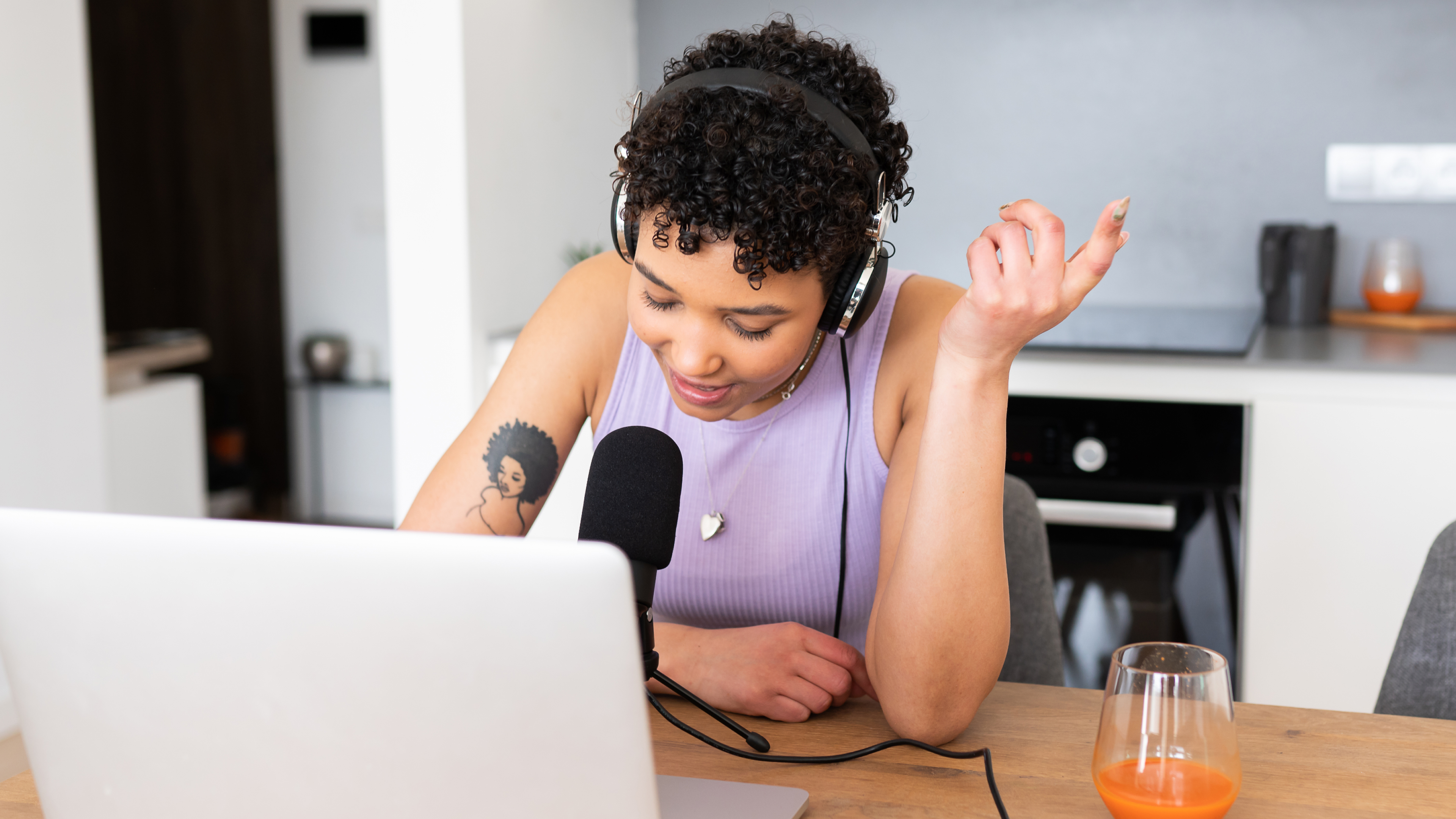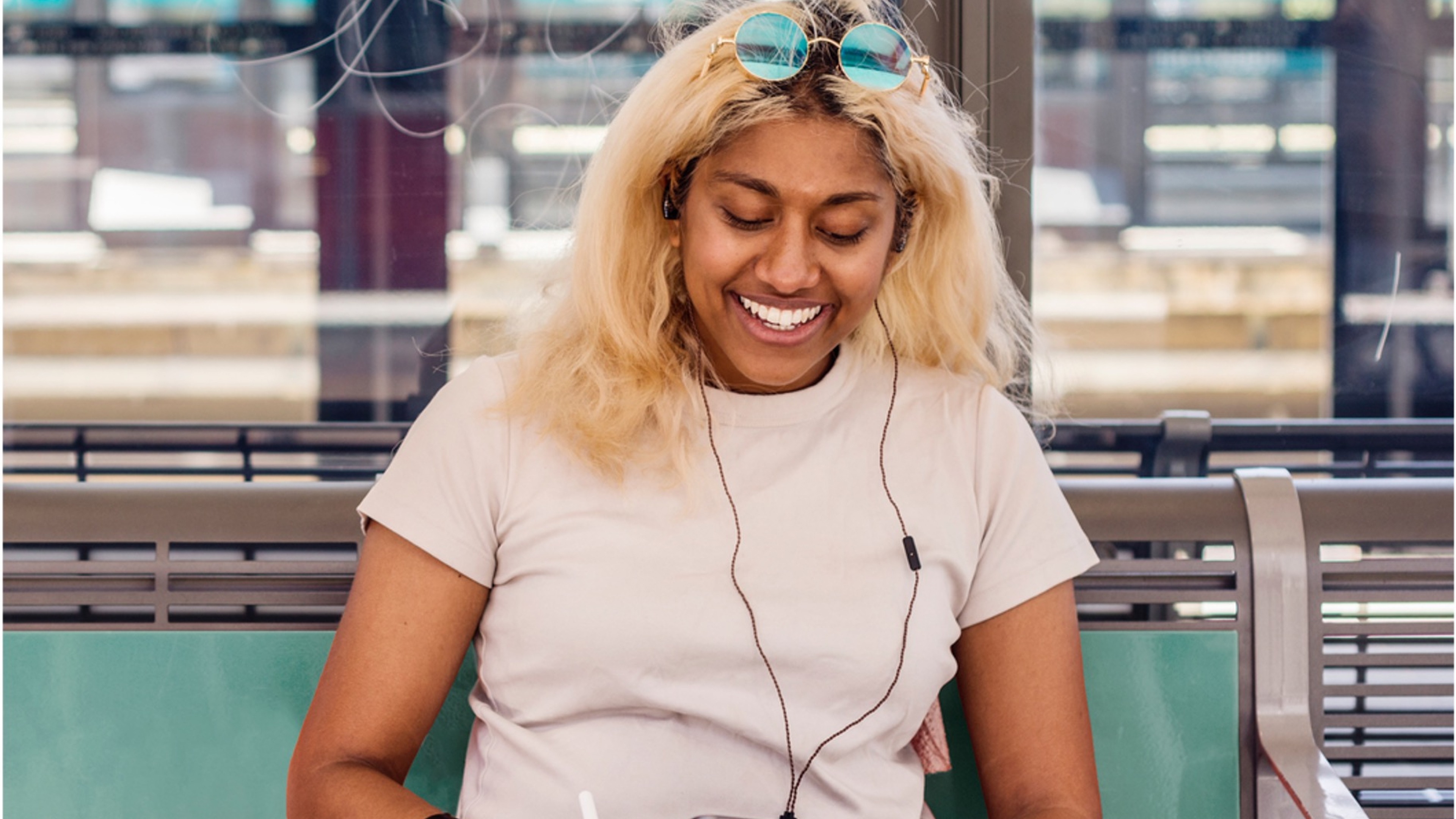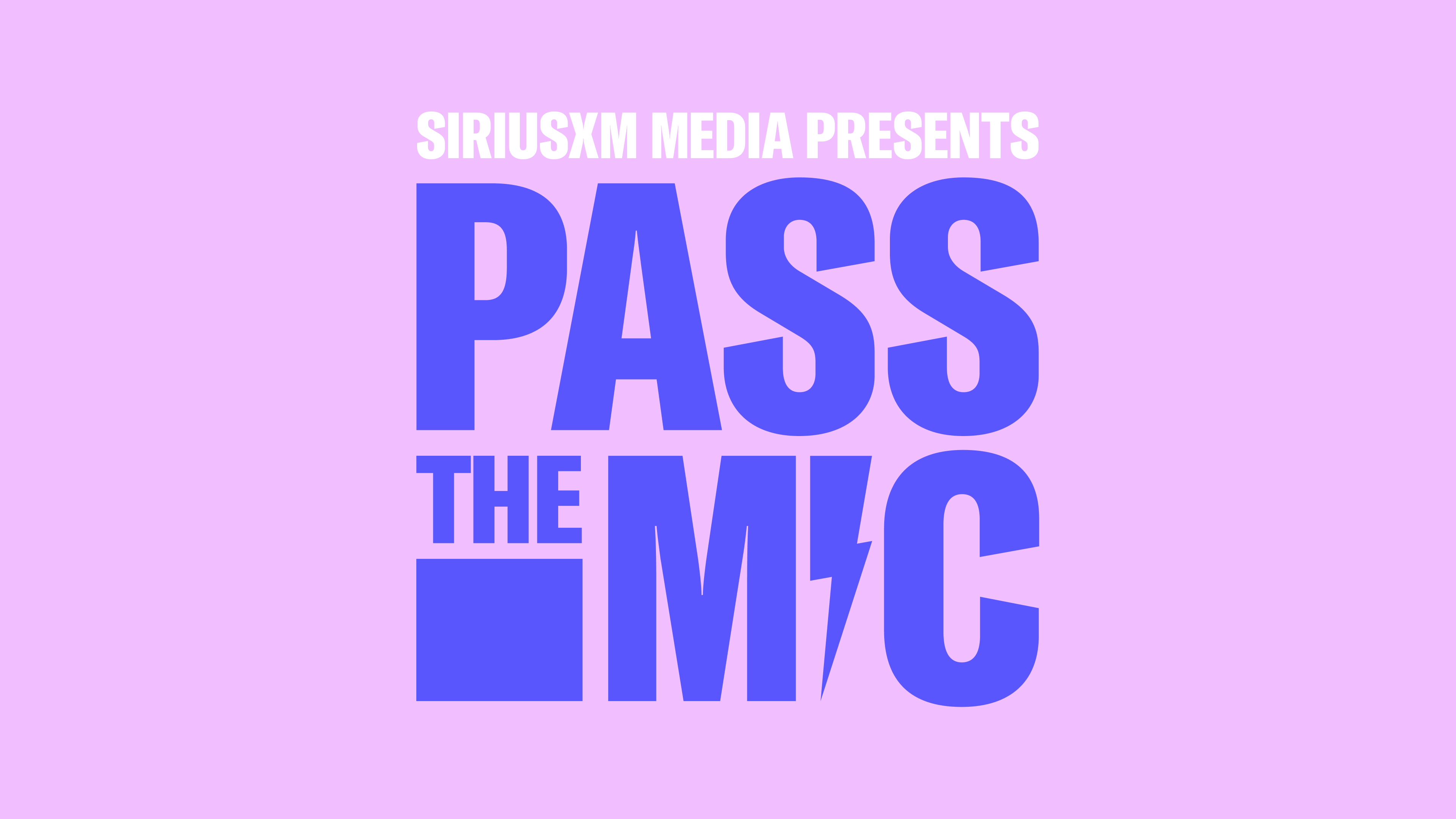
Para La Cultura: How Latin Music Amplified My Culture
Claudia Oddo, Manager, Sales MarketingSep 15, 2020September 15th marks the beginning of LatinX and Hispanic Heritage Month. Over the next month, Pandora's Pass the Mic will be spotlighting Latinas throughout the audio industry. This month of celebration spotlights the history, culture and countless contributions of the Latinx community around the world. Stay tuned to hear more from powerful Latina voices.
As one of the few mixed families in a very White neighborhood in Brooklyn, I remember moments growing up as a child where I recall not being embraced for being Latinx. My Peruvian mom and Italian dad told me stories about my mother and what she would face when they first moved into the area in the early 80s, as well as the racial name-calling my older brother would experience. As a child, I even remember a neighboring girl was no longer able to play with me because of her father's sentiments on my background. I later realized I internalized some of these sentiments as a child in daily moments in my life, as I would speak back to my parents in English, and became conscious of when and where I chose to speak Spanish.
It wasn't until I was older that I understood the strength and resilience my Latina mother had to get through those moments and not let them affect her and how she raised me. Despite those sentiments, we grew up speaking predominantly Spanish at home, eating Latin food, consuming Latin culture (hello watching Cristina and novelas all the time), and blasting Celia Cruz.
As I went into middle school, I began to find moments where my Latinx culture was positively acknowledged—and it was all tied to moments when mainstream airwaves began to play Latin music.
Selena, in particular, was one of my main idols. She was a Mexican-American singer who did so much for the culture, and even beyond her passing, continues to be an icon in Latin culture today. From her music that played on Latin and Pop radio dials, to her movie that captured some of the most honest bi-cultural Latinx experiences, Selena moved mountains for our culture.
I still remember when kids at my school excitedly asked me to translate Daddy Yankee's hit 'Gasolina,' which helped ignite a new chapter for reggaeton, one of the biggest global and U.S. growing genres today. And around the same time, I remember hearing more Pop Latino songs from Shakira, and Spanglish hits from JLO to Nina Sky playing.
It was through the power of music that my culture was beginning to be embraced and celebrated. And it is because of Latin music icons like Selena, and role models like my mother that make me proud of being Latina. I came to truly embrace my culture and my identity and see it spread to the level it is today.
Being a Latina with a career in the audio space has been amazing—from roles I've held in consumer and partner marketing, to the work I do now on the Audience Marketing team at Pandora. These roles have allowed me to be in positions to help amplify Latina artists in campaigns, audience narratives, and highlight their music and brand to consumers and clients.
Today 92% of U.S. Hispanics share that they listen to Latin music, and 74% say that it connects them to culture 1 . Latin music has become a key connector back to culture and our identity, and it is one of the first and most important lenses where we began to see more meaningful representation in media.
But, we still have a long way to go when it comes to representation, especially Latinas, even within the Latin music space. It wasn't until I attended a Billboard Latin Conference panel on Women in Music that the numbers hit me. In that panel, I learned that only 7 songs with a woman as the lead artist reached the top 50 of Billboard Hot Latin chart that year, and in the previous year, there were none. They also shared 14% of all nominees for the 2017 Latin Grammys, Latin Billboards, and Spanish 40 principles awards were women—which means that 68 women received award nominations out of a possible 504. And from 2015-2017, females represented only 3.8% of 499 songwriters writing on the Latin charts, and 2.7% of all producers were women on the top 150 Latin songs.
This narrative isn't unlike what's been happening in other mainstream U.S. genre markets, and it goes to show that we need more representation and more Latinas in positions of power, helping create this change.
We need more women like Mayna Nevarez and Rebeca León in the audio space to amplify women in Spanish language music, and artists like Gloria "Goyo" Martínez to Karol G to highlight the diversity of what a Latina artist looks and sounds like. They all help push the agenda forward to elevate women within Spanish language music and the Latinx culture.
And brands like Pandora need to continue to highlight these incredible women and artists, who are making waves in the audio and music industry and paving the way for others.
My goal is to do everything I can para la cultura. I want the next generation of little Latina girls growing up to find more diverse and prominent representations of themselves and their culture, everywhere they turn in the U.S.
1 Pandora Hispanic Soundboard Study 2019
Related Insights
 Digital Audio
Digital AudioThe Digital Audio Download: Your Share of Ear Readout
Apr 18, 2024 Events
EventsDiscover the Power of Female Podcast Creators
Apr 18, 2024 Targeting
TargetingWhat's the Vibe? How Mood Targeting Improves Your Ad Timing.
Apr 17, 2024 DE&I
DE&I"All of your roles are equally important," Linda Bethea from Danone
Apr 16, 2024



